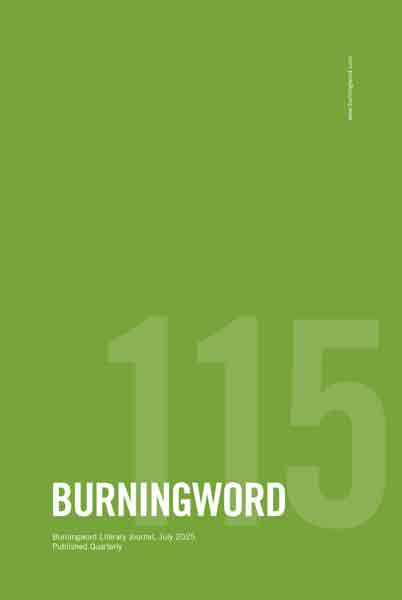July 2011 | back-issues, poetry
(Notes on) A Suburban Landscape
Where dwelling is a mode
Of citizenship
Not self
Not text / landschaft
Because the world
Has been always
Made even not here
But the proprietary between-places
That poetry occupies
‘Filling [one]’—like Lewis or
Clark—‘with vague cravings
Impossible
To satisfy’
Privacy
Beyond the formal
Supervised
Without authority
The daft all-over metropoles
And their back-
Ground of ordinances
Gridding the rural
Mile square mile
Mostly what we notice mostly:
Slightly interesting events
Things to be scared of
Persons with dogs
Taking the place
Of reference anxiety
It’s true:
If the way through
Were not also the way in
We would be lost
Taking Turns
Soon I too will
Carry my string
Into the wilderness
Without
Useful language
Or handsome shadow
I know change
Is not easy
But I resent
The silence
My body makes
Space around it to live in
To have an ideal
When I get back there
To the terror I hope
That song
You used to sing
When you
Thought I wasn’t
Listening still
Has the old
Stardusted magic
–Eric Rawson
Eric’s work has recently appeared in a number of periodicals, including Ploughshares, Agni, and Denver Quarterly. My book The Hummingbird Hour was published in October.
July 2011 | back-issues, fiction
by Charles Rafferty
He stole the stars above her house, pulling them out with a claw hammer. She wouldn’t love him anymore, so he left her with a blue-black vault of night — the color of the grackles he used to throw rocks at as they crowded out the other birds around their backyard feeder.
He wanted her to see that the sky had been looted. She never noticed though, because already she had taken a lover, and why would she need the sky and its Rorschach of light when she had a man to pin her to the bed each night?
Meanwhile, the stars were back at his place. It was hard to sleep with the glow of them leaking out of his dresser drawers and the bed too big without her. So off he’d go to the couch, which at least reminded him of the times when she had lived there.
Some nights, he’d get up, walk across town, and climb into the crook of her backyard maple — the one with a view of her curtains and the shadow play of bodies.
One night he waited for the other man’s car to leave. Then he reached into his pocket for the pebbles. The first one hit the window and the light came on. She peered into the night, and didn’t seem to notice it was a tiny bit darker. He tried to order his loneliness, to give it a shape so it could fit upon his tongue, but it only slid back and choked him. Then the window came down with a decisive thud, and the light went off again.
He knew he’d be up in her tree forever, and for the first time since taking them, he wanted to return the stars, to make beautiful the sky he would wait beneath.
Charles Rafferty is primarily a poet. Recent poems appeared or are forthcoming in The New Yorker and The Literary Review. In 2009, he received an NEA fellowship. His most recent book is A Less Fabulous Infinity. Currently, Charles directs the MFA program at Albertus Magnus College.
July 2011 | back-issues, poetry
Those bright blue eyes
Rain.
I’ve seen how much she cries.
They drain her longing,
Desperate,
For what I don’t know.
But I showed her
Where to go,
Who to love,
How to be.
And she picked it up
Like no one I’ve ever seen.
She asked,
He answered.
I just saw the change in her
After
The fall before grace,
Fulfilled.
Those bright blue eyes
Rain.
She changes people around her.
Joyfully
Exploding
His love.
– Shawna Polmateer


